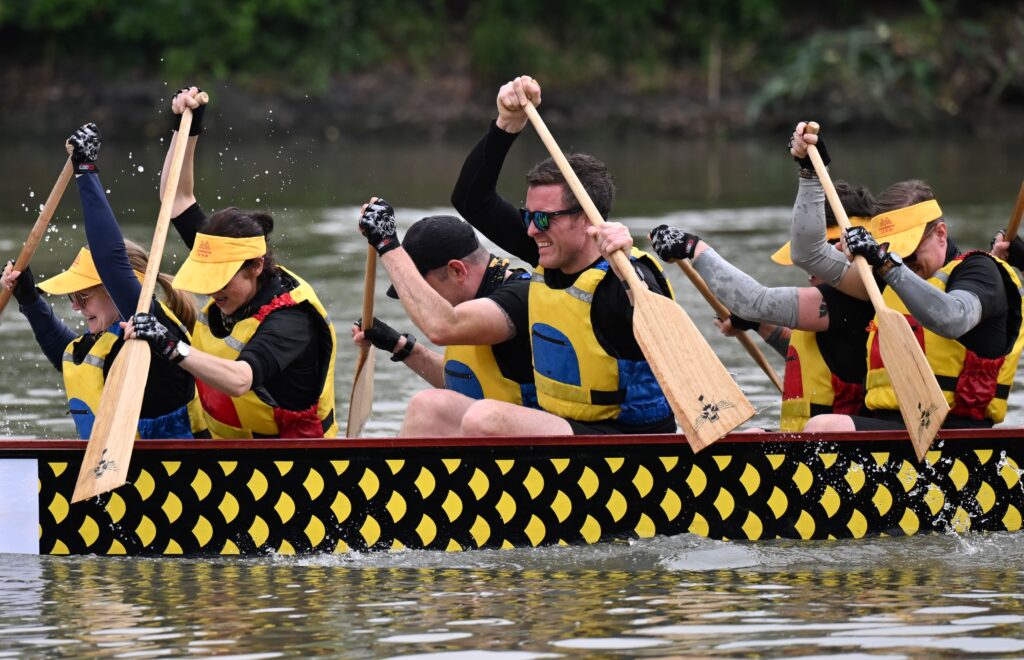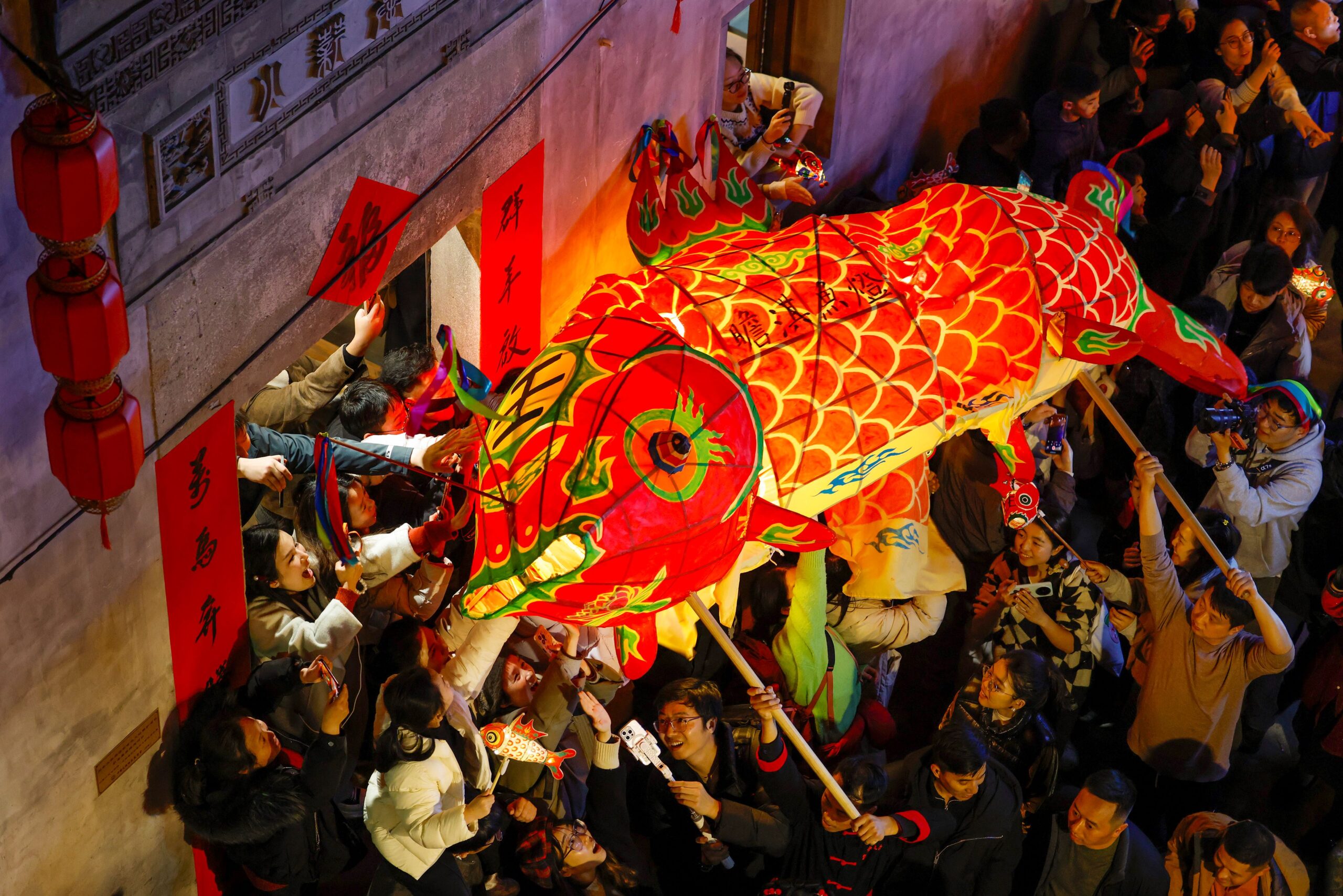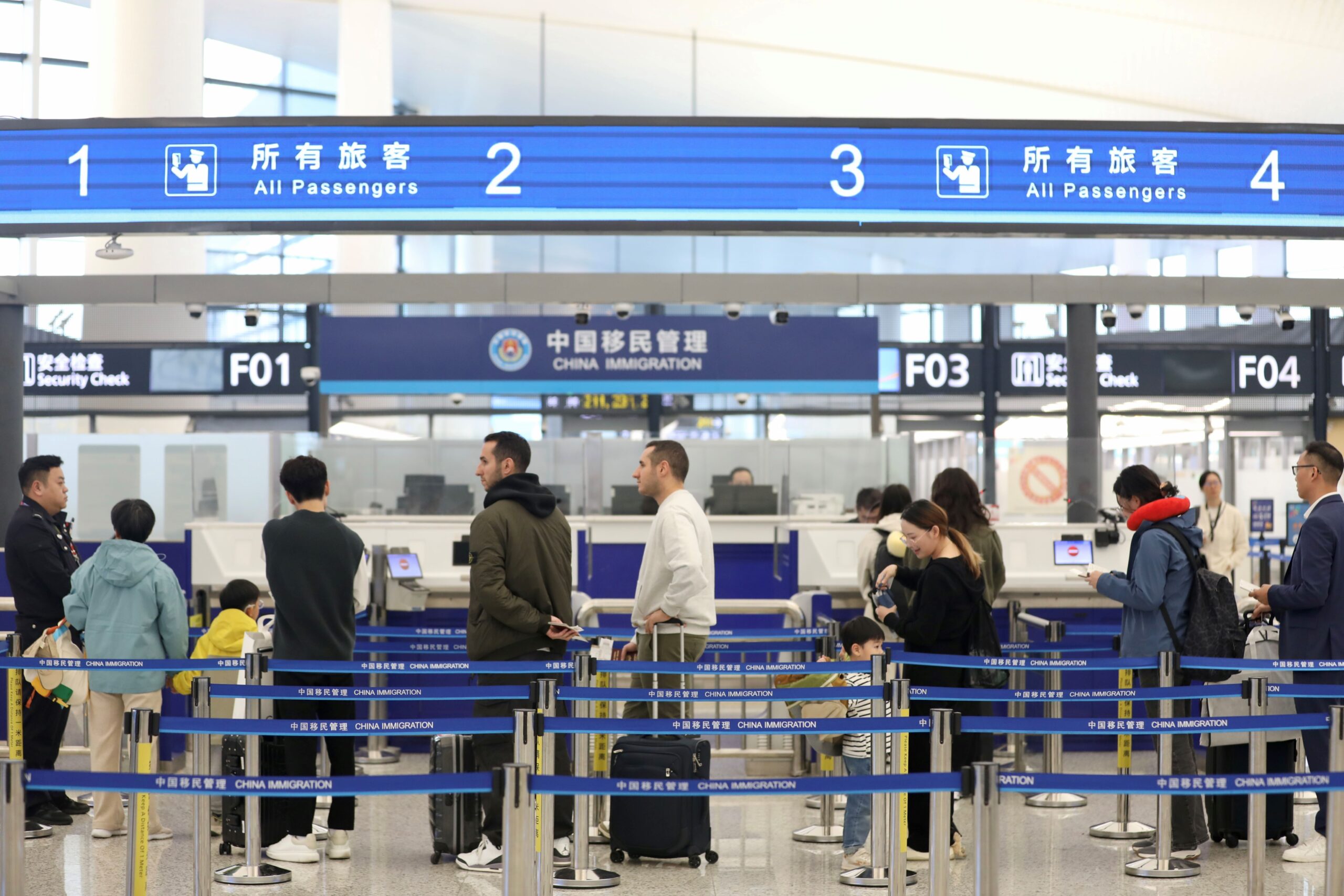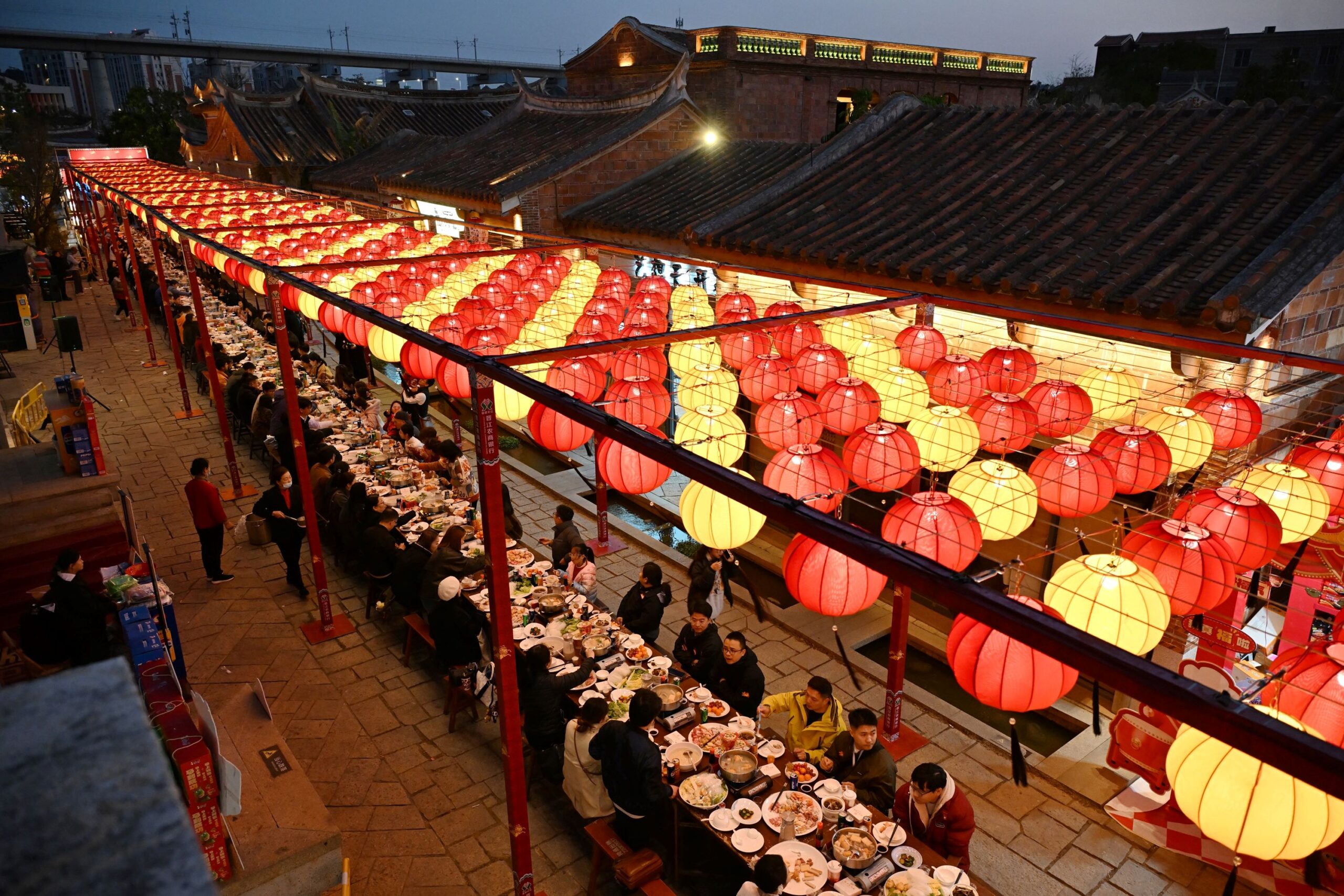China’s Dragon Boat Festival and Children’s Day Create Holiday Travel Boom.
This year, China’s Dragon Boat Festival coincided with International Children’s Day on June 1. The overlap created a rare “double holiday,” fueling a surge in family travel and cultural activities.

“One City, One Dragon Boat Race”
Across the country, cities have introduced innovative holiday experiences that blend traditional customs with modern family entertainment. From dragon boat races to DIY workshops, both locals and tourists embraced the festive spirit.
In southern China, dragon boat races were the star attractions.
In Foshan, Guangdong Province, the famous “dragon boat drifting” saw colorful boats competing in tight canals. Travel platform Qunar reported a 167% year-on-year increase in bookings to Foshan during the holiday.
Other cities also held eye-catching events. In Huaihua, Hunan Province, boats raced upstream in a thrilling “reverse sprint.” In Fuzhou, a nighttime dragon boat race lit up the riverside village of Sanxi.
Online, the excitement went viral. Short videos and live streams of dragon boat competitions topped social media platforms like Douyin (China’s TikTok). Hashtags like “One City, One Dragon Boat Race” and “Chasing Boats Across China” became trending topics.
According to national tourism data, the most popular cities for dragon boat-themed travel were: Chengdu, Hangzhou, Foshan, Suzhou, Tongren, Nanning, Huaihua, Dongguan, Miluo, and Suqian.

“Dragon Boat Meal” & Traditional Crafts
Besides racing, many cities expanded the “dragon boat economy.” Tourists explored dragon boat heritage sites, bought themed souvenirs, and enjoyed festive meals like “Dragon Boat Meal(龙船饭)”, a traditional southern Chinese dish.
Searches for “Dragon Boat Meal” rose by 183% compared to last year, with Guangzhou, Foshan, and Shenzhen among the top foodie destinations.
At the same time, new family-friendly activities gained traction. In Wuhan, children joined mini dragon boat races in a lakeside park. In Chongqing, a cultural market featured workshops on herbal sachets and lacquer fan painting. Shenzhen’s theme park offered hands-on crafts and folk games.
Social media played a key role in popularizing the festival. On platforms like Xiaohongshu and Douyin, users shared moments from family trips, zongzi-making (rice dumplings), and traditional crafts.

One Festival, Many Industries
China’s Dragon Boat Festival is no longer just a cultural ritual—it’s now an economic driver.
According to Economic Daily, the extended holiday created new travel content, experiences, and spending scenes. Local governments, tourism platforms, and small businesses all benefited.
A recent forecast by China Mobile’s big data estimated a 12% increase in family travelers over the three-day break. The fusion of tradition and tourism is proving to be a strong force for domestic growth.
If you liked this article why not read: Dragon Boat Festival London 2025











